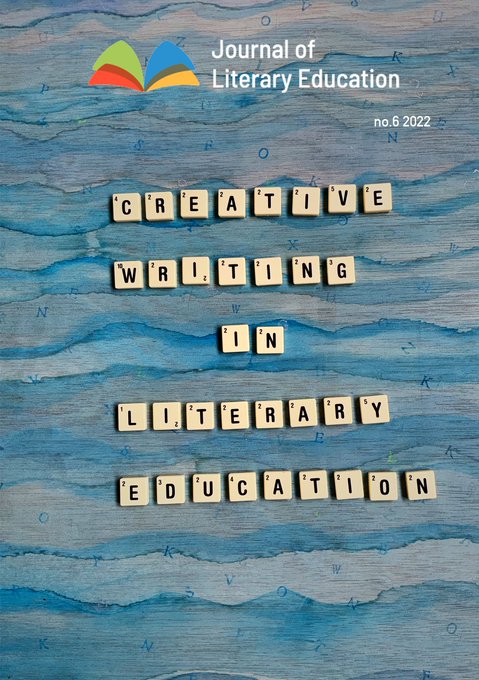Analysis of Simon Stranger´s novel Lexicon of Light and Darkness
DOI:
https://doi.org/10.7203/JLE.6.22976 Abstract
Abstract
The main goal of the paper is to point out the obscure model reader of the publication Lexicon of Light and Darkness by Simon Stranger, and thus substantiate our opinion on certain limits in defining the implicit reader of some texts with the theme of Shoah in relation to their goals. The analysis of the narrative was carried out through a content analysis of a qualitative nature. We work with the intentions of close contextual analysis, which means that we work only with the researched artistic narrative, or with other fiction, which we prove our claims. Prior to the analysis, the following research questions were determined: 1) How does the depiction of the effort to eradicate Jewish nationality differ in Stranger´s publication in comparison with other artistic narratives on the same subject? 2) How is the influence of the social environment on the mental orientation and maturation of the adolescent? 3) What strategies did Stranger choose in relation to the reader? 4) How does the perception of selected aspects of World War II by people living at different times in the context of Stranger´s publication differ? 5) To what extent is the text devoted to space and support for pluralistic interpretation by recipients?
 Downloads
Downloads
Downloads
Published
-
Abstract390
-
(Español)3
-
PDF383
Issue
Section
License
![]()
This work is licensed under a Creative Commons Attribution-NonCommercial-NoDerivatives 4.0 International License.
Authors who publish with this journal agree to the following terms: Authors retain copyright and grant the journal right of first publication with the work simultaneously licensed under a Creative Commons Attribution License that allows others to share the work with an acknowledgement of the work's authorship and initial publication in this journal. Authors are able to enter into separate, additional contractual arrangements for the non-exclusive distribution of the journal's published version of the work (e.g., post it to an institutional repository or publish it in a book), with an acknowledgement of its initial publication in this journal. Authors are permitted and encouraged to post their work online (e.g., in institutional repositories or on their website) prior to and during the submission process, as it can lead to productive exchanges, as well as earlier and greater citation of published work (See The Effect of Open Access).




